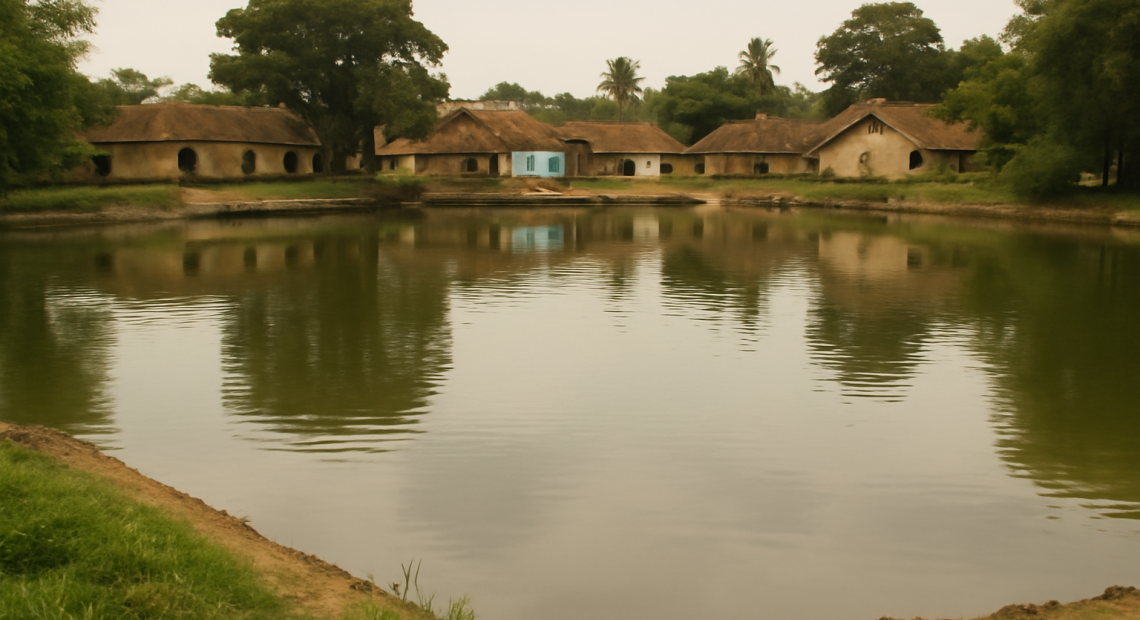
Well Water Under Scrutiny Amid Surge in Rare Amoebic Infections
Kerala’s health authorities have issued a high-alert following a rise in cases of a rare and deadly brain infection known as amoebic meningoencephalitis. The disease is caused by Naegleria fowleri, commonly referred to as the “brain-eating amoeba,” which typically thrives in warm freshwater sources. However, officials now suspect that domestic well water—especially if untreated—may have become a new transmission route.
Cases Prompt Urgent Investigation
In Kozhikode district, three cases have been confirmed in recent weeks. Most alarmingly, a three-month-old infant from Omassery, with no known exposure to ponds or rivers, is now critically ill. The family’s only water contact had been their private well. Water samples have been collected near their home for testing. A nine-year-old girl from Thamarassery also succumbed to the infection, and a youth who bathed in a local pond is currently under treatment. Preliminary investigations suggest well water may harbor the amoeba, especially in the absence of regular testing or chlorination.
Understanding and Preventing Risk
While N. fowleri typically infects individuals when contaminated water enters the nose during swimming or bathing, recent evidence confirms it can also colonize domestic wells if they are warm and poorly maintained. Risk is particularly high for young children. Health officials urge families relying on well water to conduct regular testing, maintain chlorination, and avoid stagnant freshwater exposure.
Prevention and Public Awareness
The state has ramped up public advisories: avoid swimming in ponds and untreated freshwater, inspect and treat well water, and monitor family members showing early symptoms like fever, headache, nausea, or confusion. Timely medical attention may offer a slim chance of survival, given the infection’s rapid progression and high fatality rate.


















